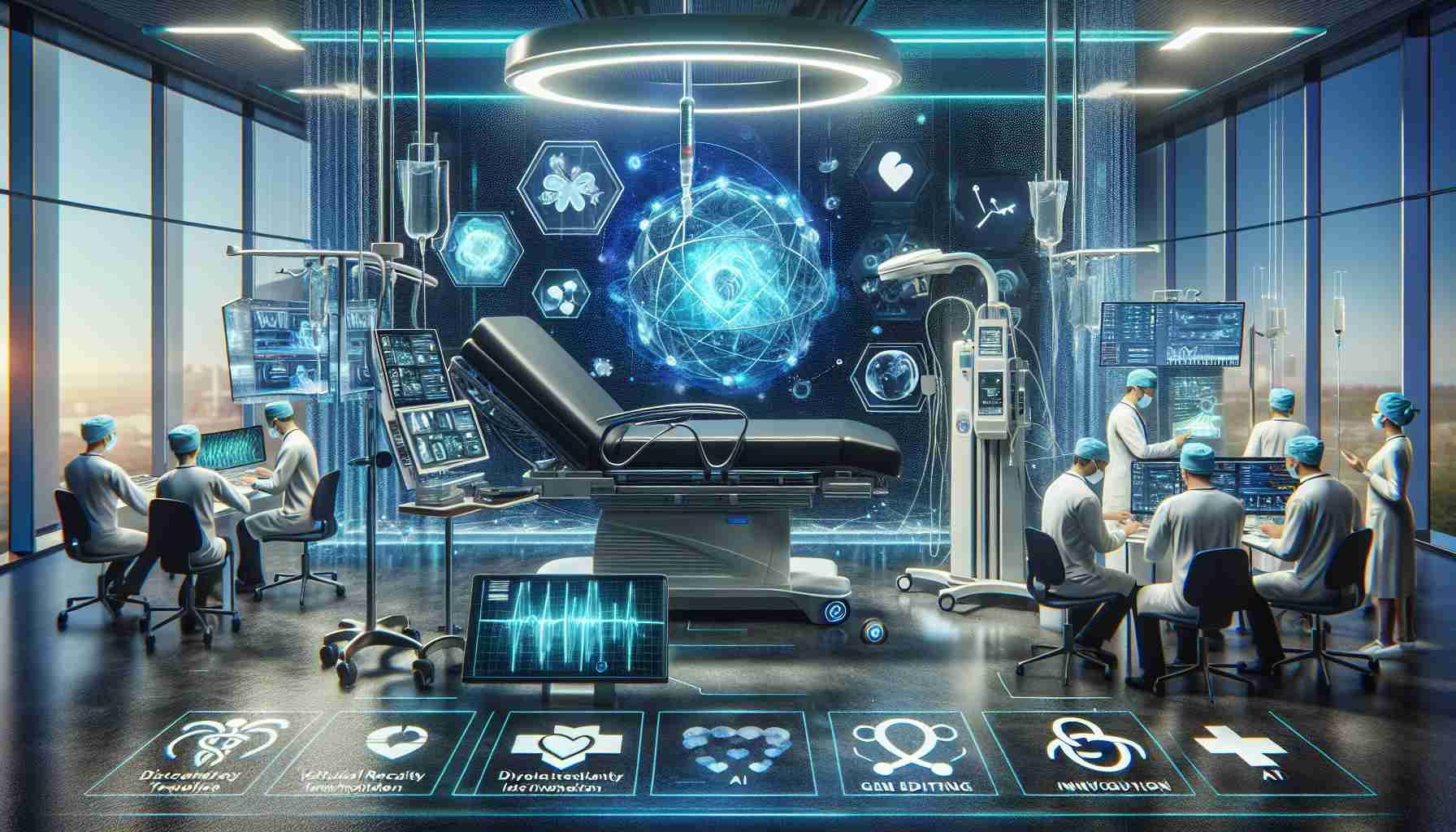The healthcare landscape is on the brink of transformation through the integration of state-of-the-art technological advancements. Wearable devices and smart accessories are set to revolutionize patient care delivery, heralding a new era where health services are streamlined and optimized.
Advancements in wearable technology are poised to alleviate the strain on healthcare institutions. These innovative gadgets offer real-time monitoring and data collection, allowing for proactive measures to be taken in managing patient health. The reliance on traditional healthcare models is gradually giving way to a more personalized and efficient approach, where individuals can actively participate in their own well-being.
Through the seamless integration of cutting-edge technology, the healthcare sector is poised to witness a paradigm shift in service delivery. Patients can expect a more connected healthcare ecosystem, where remote consultations and monitoring become the new norm.
The utilization of wearable tech not only empowers individuals to take charge of their health but also enables healthcare providers to deliver more targeted and effective treatments. This innovative approach fosters a proactive rather than reactive healthcare system, ultimately leading to improved patient outcomes and overall well-being.
With the relentless march of technological progress, the future of healthcare looks brighter than ever. Embracing these advancements will undoubtedly pave the way for a more accessible, efficient, and patient-centric healthcare system.
Revolutionizing Healthcare Through Innovative Technology
The advancement of wearable technology in the healthcare sector brings about a plethora of benefits beyond just monitoring patient health. One important question that arises is how wearable devices can also assist in preventive care measures. Wearables have the potential to track various health indicators continuously, alerting individuals to potential health risks even before symptoms manifest. This proactive monitoring can lead to early interventions, ultimately preventing more serious health issues down the line.
Another key question to consider is the impact of data privacy and security in the realm of healthcare technology. While wearable devices can collect a wealth of personal health data, ensuring the privacy and security of this information is crucial. Healthcare providers and tech companies must address concerns regarding data breaches and unauthorized access to sensitive patient information to maintain trust in these innovative technologies.
Advantages and Disadvantages
One major advantage of revolutionizing healthcare through technology is the potential for increased accessibility to medical expertise. Remote consultations and monitoring capabilities afforded by wearable devices can bridge the gap between patients in rural or underserved areas and healthcare professionals, improving overall access to care. Additionally, the real-time data provided by wearables can enable more personalized and targeted treatments, enhancing the quality of healthcare delivery.
However, a significant challenge associated with the widespread adoption of healthcare technology is the digital divide. Not all individuals have equal access to devices or the internet, creating disparities in healthcare services. Addressing issues of affordability, connectivity, and digital literacy is crucial to ensure that everyone can benefit from these technological advancements without being left behind.
In conclusion, while the integration of innovative technology in healthcare holds great promise for improving patient outcomes and transforming the healthcare landscape, it is essential to address key challenges such as data privacy, accessibility, and equity. By navigating these complexities thoughtfully, we can truly revolutionize healthcare for the better.
For further information on healthcare technology advancements, visit Health IT.gov.
